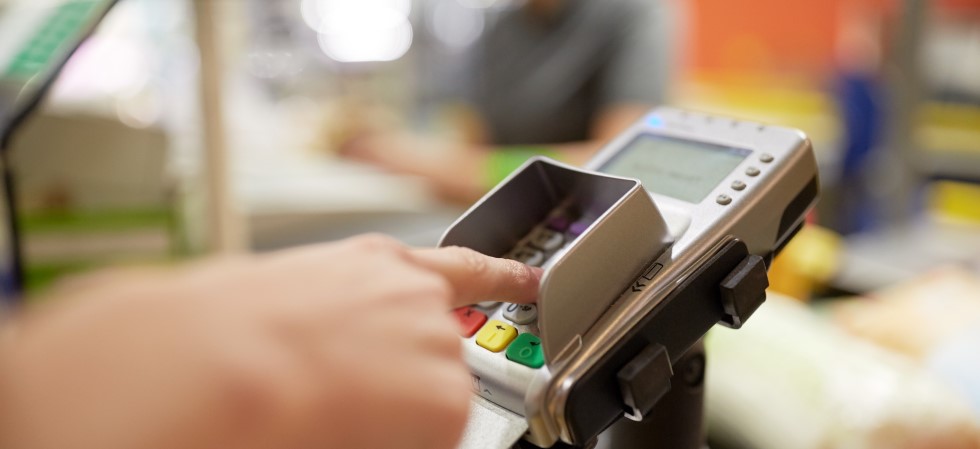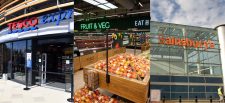The Office for National Statistics (ONS) has released the latest inflation figures, as the Food and Drink Federation (FDF) said pressure on businesses “shows no sign of easing”.
On a monthly basis, the Consumer Prices Index including owner occupiers’ housing costs (CPIH) rose by 0.4% in February 2025, compared with a rise of 0.6% in February 2024.
CPI rose by 2.8% in the 12 months to February 2025, down from 3% in the 12 months to January. On a monthly basis, CPI rose by 0.4% in February 2025, compared with a rise of 0.6% in February 2024.
Regarding positive contributions to the annual CPIH rate, food and non-alcoholic beverage prices rose by 3.3% in the 12 months to February 2025, unchanged from the previous month. Increases and decreases in prices for food categories offset each other, leading to no change in the rate. The monthly increase, at 0.2% in February 2025, was the same as in February 2024.
Balwinder Dhoot, director of industry growth and sustainability at the FDF, said: “As high levels of food and drink inflation continue, the pressure on businesses shows no sign of easing. Manufacturers are grappling with rising energy and commodities prices, alongside the impact of looming Government policies, such as rising Employer’s National Insurance Contributions and the upcoming EPR packaging tax. In short, doing business in the UK is becoming increasingly expensive.
“With our new growth plan, we’ve set out 40 clear actions Government can take to remove unnecessary roadblocks for manufacturers. These will help reduce prices and lay the foundations to make the UK the most competitive and dynamic food and drink sector in Europe.”
Kris Hamer, director of insight at the British Retail Consortium (BRC), commented: “Headline inflation fell marginally in February, driven by marginal drops in housing and household services and clothing and footwear entering deflation. Despite continued cost pressures, namely energy price volatility, food inflation remained unchanged. There was good news as some dairy products such as milk, cheese and eggs all saw price drops on the month.
“Retail operates on tight margins and it would be impossible to absorb all £5 billion of new costs which hit the industry in April. Food inflation has jumped significantly in recent months and is forecast to hit 5% by the end of 2025 as a result of the costs arising from the Budget. On top of this, retailers are still burdened by an outdated business rates system. It is vital that the Government’s reform of business rates doesn’t impose additional costs onto retailers. Reform must leave no shop paying more.”









